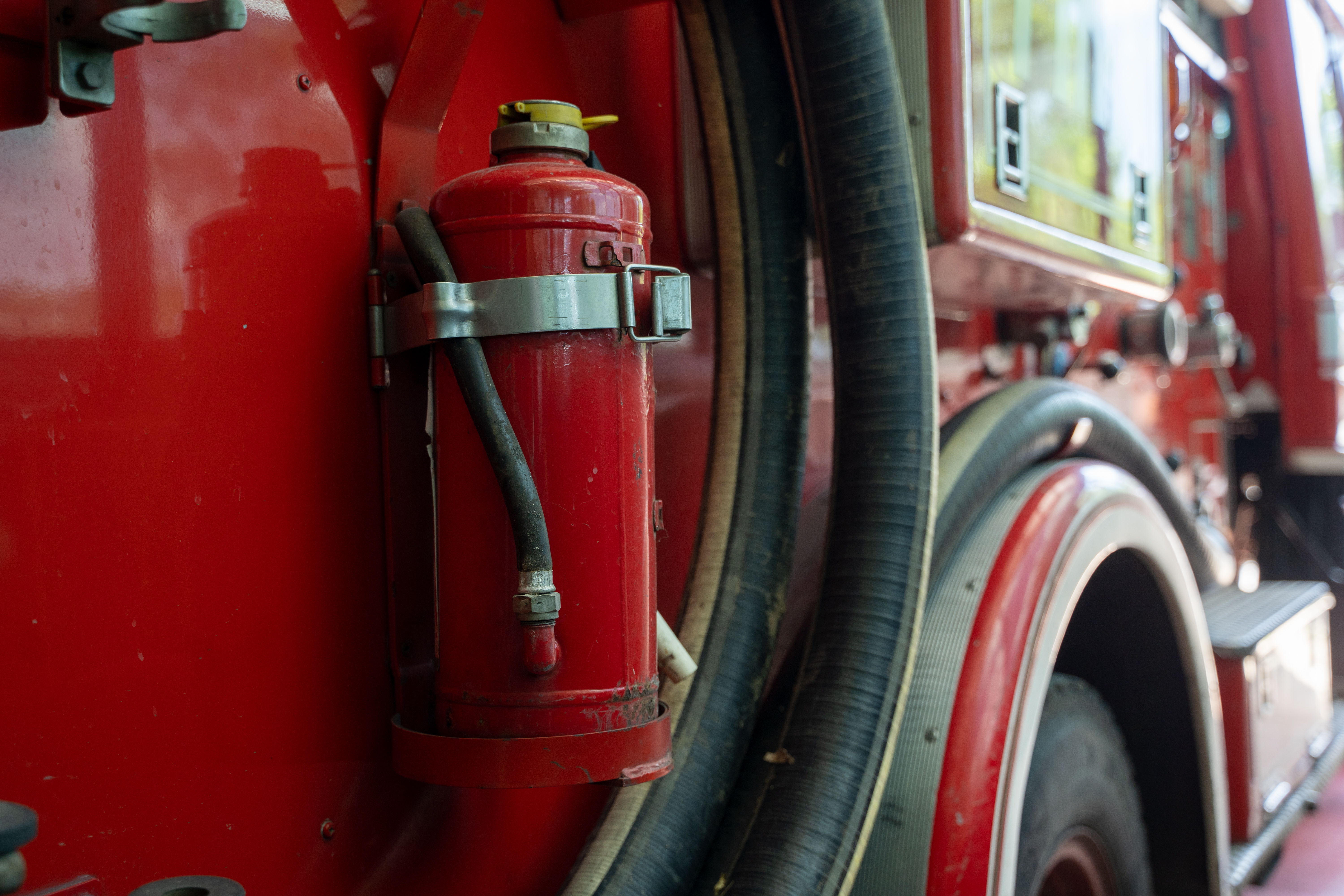While people ventured out Memorial Day weekend, many for the first time in months, New Haven marked 100 deaths from COVID-19.
“Obviously that’s a pretty grim milestone,” said New Haven Mayor Justin Elicker. “It’s deeply saddening when we lose any New Haven resident, but the fact that we have lost over 100 New Haven residents is something beyond what we all would have imagined three months ago.”
Joined by Sen. Richard Blumenthal Tuesday, Elicker said New Haven is at a point in the crisis where they can now offer a test to anyone - with or without symptoms - for free.
“If people don’t have any insurance, if they are undocumented, if they don’t have any money, get tested,” Elicker said.
With summer around the corner and more statewide openings next month, more people will want to get out. Officials said Tuesday widespread testing will give people a way to feel safer at restaurants, businesses and eventually back at schools.
“II want to thank New Haven again for leading our state in providing testing but also publicizing the need for it," said Blumenthal. "Because people will never feel safe and secure enough to go back to the restaurants and schools and workplaces unless there is testing and tracing. That’s what’s necessary for economic recovery.”
Local
Elicker is encouraging people in high contact jobs – like hair salons and restaurants – to take advantage of the city’s seven testing locations.
“From our standpoint having that accessibility has quelled some of our fears,” said Alison De Renzi, owner of L’Orcio in New Haven.
She said testing for staff and customers will go a long way to boost consumer confidence. She added that antibody testing will help since COVID-19 tests are a snapshot in time.
“We really have to look at the next frontier which is antibody testing because I can be asymptomatic now, and not have it now, but that doesn’t mean that I haven’t had it,” De Renzi said.
The city will even offer an eighth option for testing Wednesday. There will be a pop-up site on the Green from 8 a.m. - 4 p.m.
“We want people to get tested there’s no stigma around it,” Elicker said.



